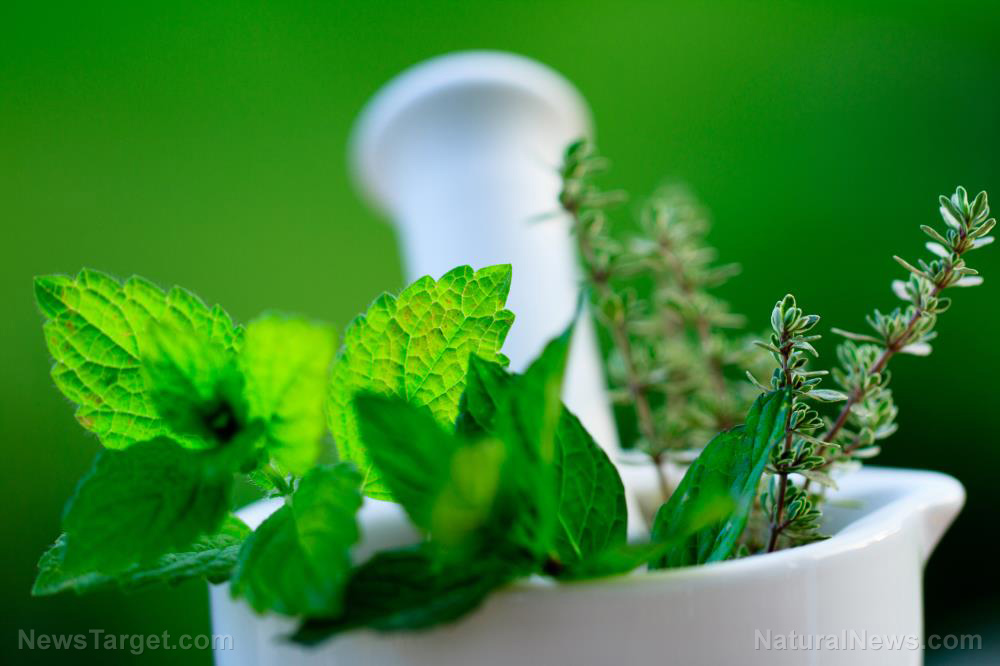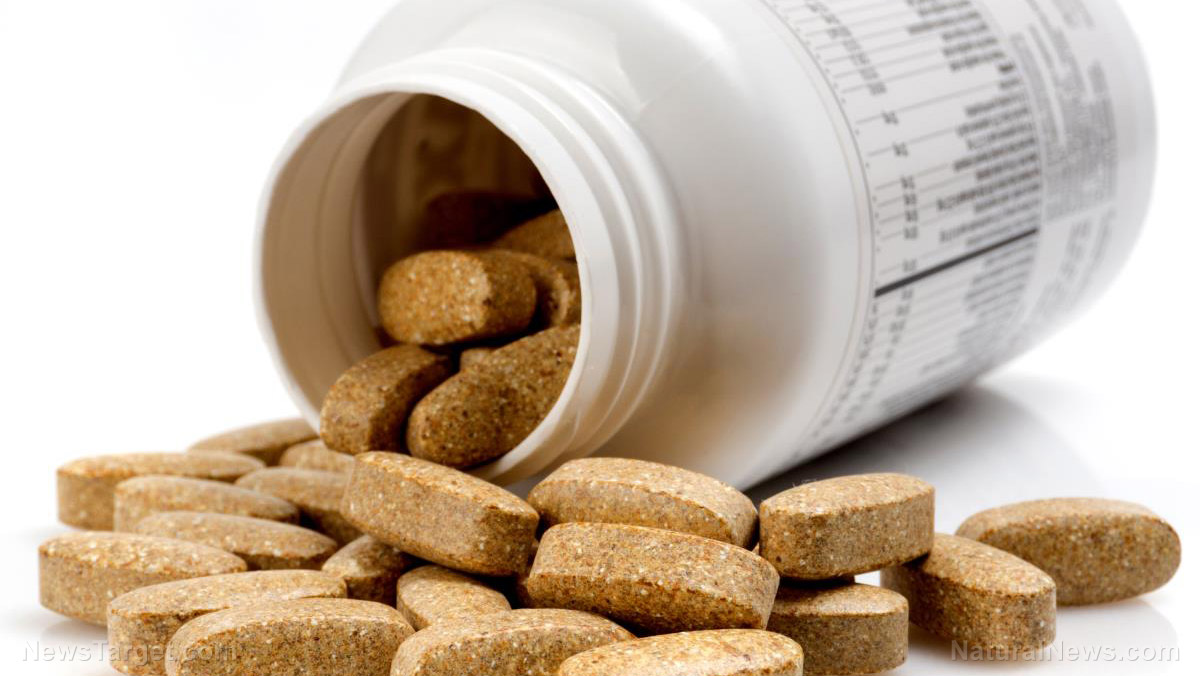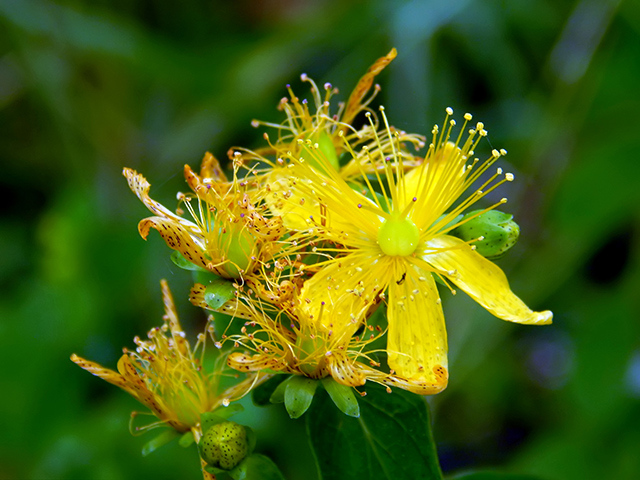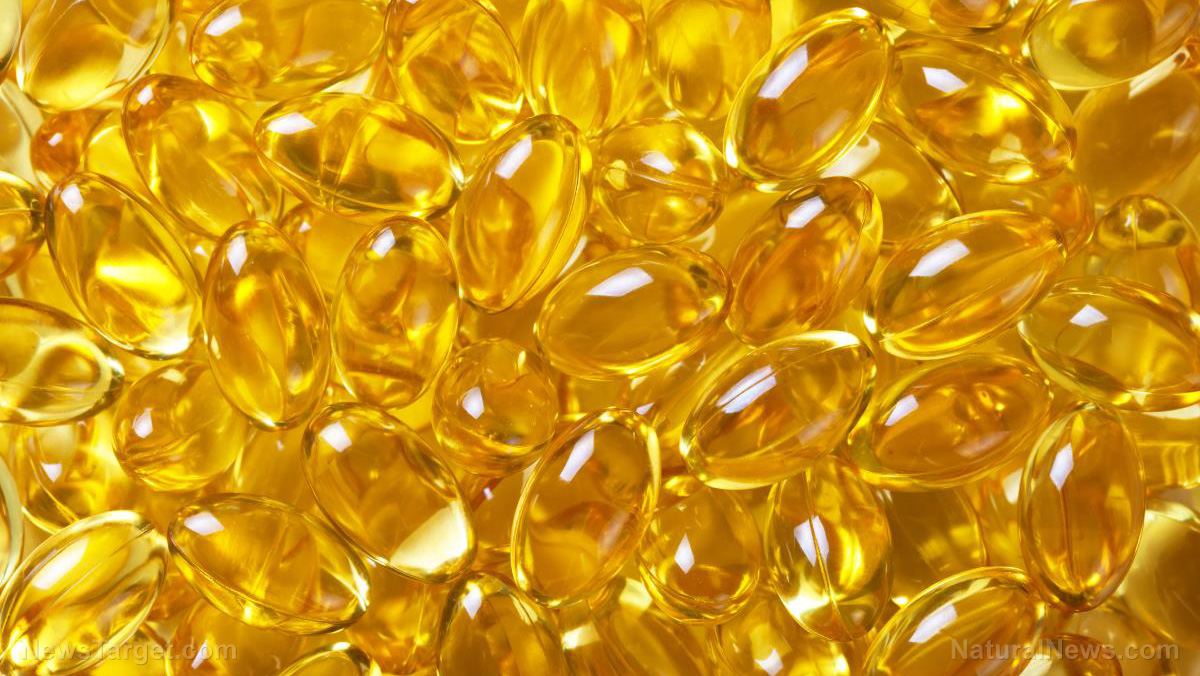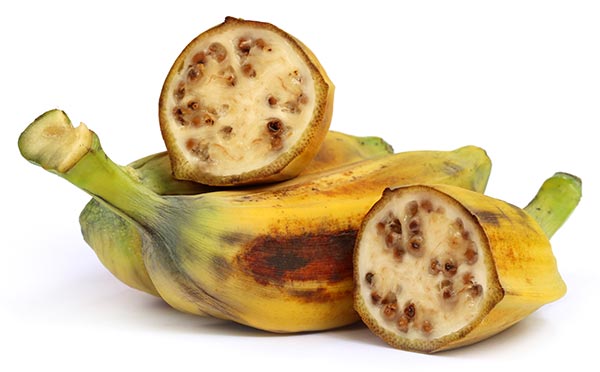Manuka honey: A versatile superfood that does not expire
08/03/2022 / By Olivia Cook
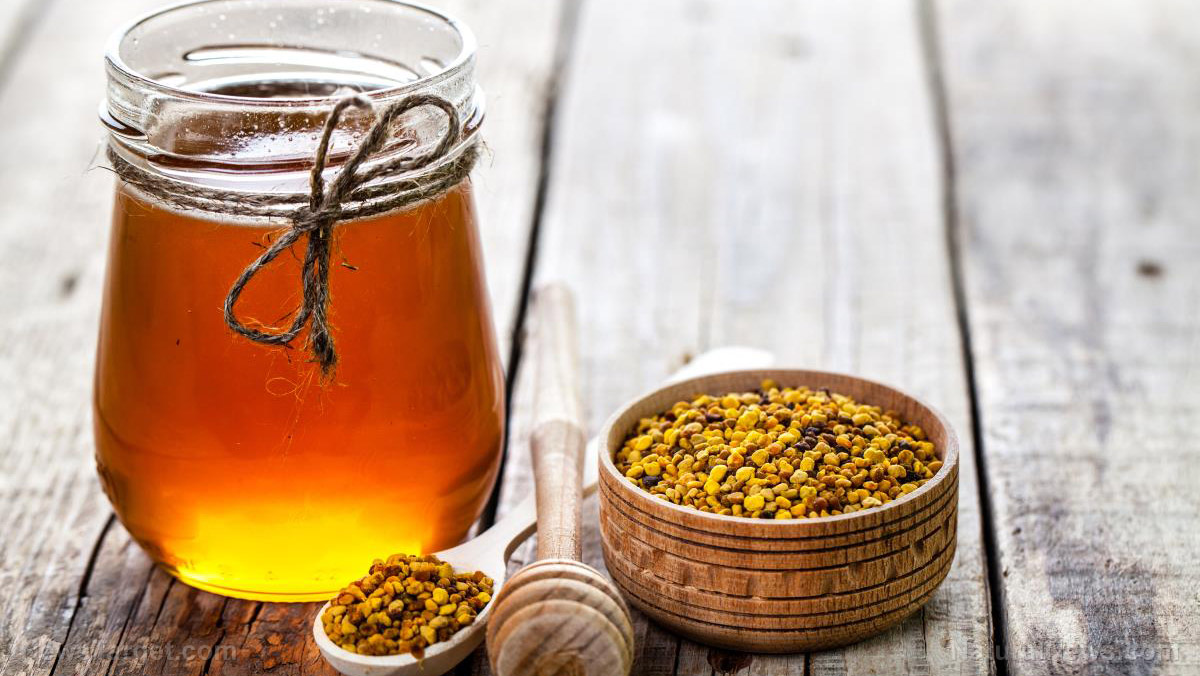
Manuka honey comes from honey bees (Apis mellifera) that feed on and pollinate the flowers of the manuka shrub (Leptospermum scoparium), which grows extensively around the coastal areas of New Zealand. These flowers bloom just once a year, lasting for two to six weeks.
The flowering plant also grows in the bushlands and forests along the coast of Australia. Other species of the manuka bush grow all over the world, but they do not produce the flowers needed by bees to produce manuka honey.
The origin of the word “manuka” is Maori, the native language of New Zealand. It is a highly-versatile superfood that you can stockpile and add to your emergency survival cache because it does not expire. (Related: 7 reasons to have manuka honey in your survival stockpile.)
Manuka honey’s nutrient profile
One of the healthiest natural sweeteners, manuka honey boasts an impressive nutrient profile.
Manuka honey differs from other types of honey because of its bioactive properties and therapeutic advantages. The study that appeared in the journal Molecular Nutrition and Food Research identified and quantified methylglyoxal (MGO) as the dominant antibacterial constituent of manuka honey from New Zealand.
According to a study published in the journal Evidence-based Complementary and Alternative Medicine, the concentration of methylglyoxal in manuka honey is up to 100-fold higher than in conventional honey.
The molecules found in the pollen of manuka honey are potent antibacterial substances. There are forms of this honey that are approved by the Food and Drug Administration (FDA) to be used as prescription medicine in hospitals for topical use in wound and burn healing, among other applications.
Manuka honey is also a very rich source of nutrition, containing:
- B-vitamins: thiamin (B1) helps the body convert glucose into energy and supports healthy nerve function; riboflavin (B2) is primarily involved in energy production and supports vision and skin health; niacin (B3) is essential for the body to convert carbohydrates, fat and alcohol into energy and supports skin health and healthy nerve and digestive functions; pantothenic acid (B5) is also needed to metabolize carbohydrates, proteins, fats and alcohol, as well as produce red blood cells and steroid hormones; and pyridoxine (B6) is needed for protein and carbohydrate metabolism, the formation of red blood cells, supports healthy brain processes and development, immune function and steroid hormone activity.
- Minerals: macro-minerals, such as potassium, calcium, phosphorus, sodium, magnesium, and micro-minerals that include manganese, iron, zinc, copper — support healthy nerve function, the regulation of the muscle tone and supporting a healthy cardiovascular system.
- Amino acids: vital for functions throughout the body, including protein synthesis, tissue repair and nutrient absorption.
- Antioxidants: flavonoids (pinobanksin, luteolin, chrysin, galangin, isorhamnetin, kaempferol, pinocembrin and quercetin) and polyphenols (caffeic acid, ferulic acid, gallic acid and syringic acid) have neuroprotective and cardioprotective effects.
Health benefits of manuka honey
In 1981, Dr. Peter Molan of the University of Waikato in New Zealand began researching the antibacterial, antiviral, anti-inflammatory and antioxidant properties and health benefits of manuka honey. Over the years, manuka honey has been found to:
Support a healthy immune system
According to a study published in the journal AIMS Microbiology, manuka honey is rich in methylglyoxal and phenolic compounds – making it a better immune booster than regular flower honey and a good alternative natural antibiotic for tissue healing and reducing microbial infections. (Related: Manuka honey fights antibiotic-resistant bacteria plus so much more.)
According to a study that appeared in the Saudi Journal of Biological Sciences, manuka honey showed the best results in terms of the bactericidal effect (inhibitory effect on bacterial growth) on both methicillin-resistant and sensitive Staphylococcus aureus, the leading cause of skin and soft tissue infections, such as abscesses (painful accumulation of pus), furuncles (boils) and cellulitis (common bacterial skin infection that causes redness, swelling and pain in the infected area of the skin).
Support a healthy digestive system
According to a study that appeared in the journal Food Quality and Safety, manuka honey can balance the bad bacteria in your gut – healing and soothing digestion, preventing infections and building immunity.
It is also effective in killing Helicobacter pylori, the bacteria responsible for stomach ulcers.
Support healthy skin
A study published in the Central Asian Journal of Global Health reported the therapeutic value of manuka honey in the treatment of rosacea, a common and serious medical condition that is often underdiagnosed and undertreated. This skin disorder causes flushing and visible blood vessels in the face and may also produce small, pus-filled bumps.
Rosacea’s impact on appearance can be a “disabling blow to the emotional and social lives of those who suffer from this poorly understood condition,” said Dr. Mark V. Dahl, chairman of the National Rosacea Society (NRS) Medical Advisory Board.
Support good oral health
A study published in the journal Nutrition & Metabolism (London) showed the carioprotective (reduces the risk of dental caries) effect of New Zealand manuka honey.
Another study that appeared in the Journal of the International Academy of Periodontology showed the positive effects of manuka honey on oral health, in terms of preventing dental plaque (the sticky film of bacteria that constantly forms on teeth after you eat or drink), gingivitis (a common and mild form of gum disease that causes irritation, redness and swelling of the part of your gum around the base of your teeth) and, periodontitis (inflammation of the tissue around the teeth often causing shrinkage of the gums and loosening of the teeth).
Support healthy sleep patterns
According to a study by the National Centre for Biotechnology Information (NCBI), manuka honey can help promote deep and restful sleep by slowly releasing the glycogen needed for essential bodily functions during sleep. Adding manuka honey to milk before sleep supports the release of the natural hormone melatonin in the brain, which is necessary for deep sleep.
Qualities of genuine manuka honey
Dietary MGO is resistant to heat, body fluids, light and enzymatic activity, thus considered very stable. The concentration of MGO in manuka honey ranges between 38 to as much as 1,000 mg/kg. The minimum requirement for antibacterial activity in manuka honey is 100 mg/kg.
Manuka honey has a unique property termed “non-peroxide activity” (NPA) that makes it more potent and more stable than other types of honey. It comes specifically from MGO found in leptosperin, a naturally occurring chemical found only in the nectar of manuka plants.
Researchers have also developed a standardized system known as Unique Manuka Factor (UMF) to measure the medicinal strength or potency of each batch of manuka honey in terms of MGO content and the honey’s corresponding antimicrobial effectiveness. UMF ranges from 10 to 25. Manuka honey that scores UMF 10+ is considered potent enough for medicinal use.
Real manuka honey is sold with ratings, numbers or symbols – MGO/MG, UMF and NPA. The higher the rating, the more potent and the more expensive manuka honey is.
Do not buy manuka honey without these ratings because there are brands that have very low potency.
Watch the video below about the benefits of manuka honey.
This video is from the Groovy Bee channel on Brighteon.com.
More related stories:
Manuka honey may be the future of antibacterial superbug medicine.
4 health benefits of manuka honey, a sweet superfood.
Research: Manuka honey contains natural viral compounds that fight influenza (and COVID).
Sources include:
Submit a correction >>
Tagged Under:
alternative medicine, anti-inflammatory, Antimicrobial, antioxidant, digestion, food cures, food is medicine, immune system, manuka honey, MGO, natural cures, natural health, natural medicine, natural sweetener, nutrients, oral health, skin health, sleep
This article may contain statements that reflect the opinion of the author
RECENT NEWS & ARTICLES
COPYRIGHT © 2017 NATURAL CURES NEWS







